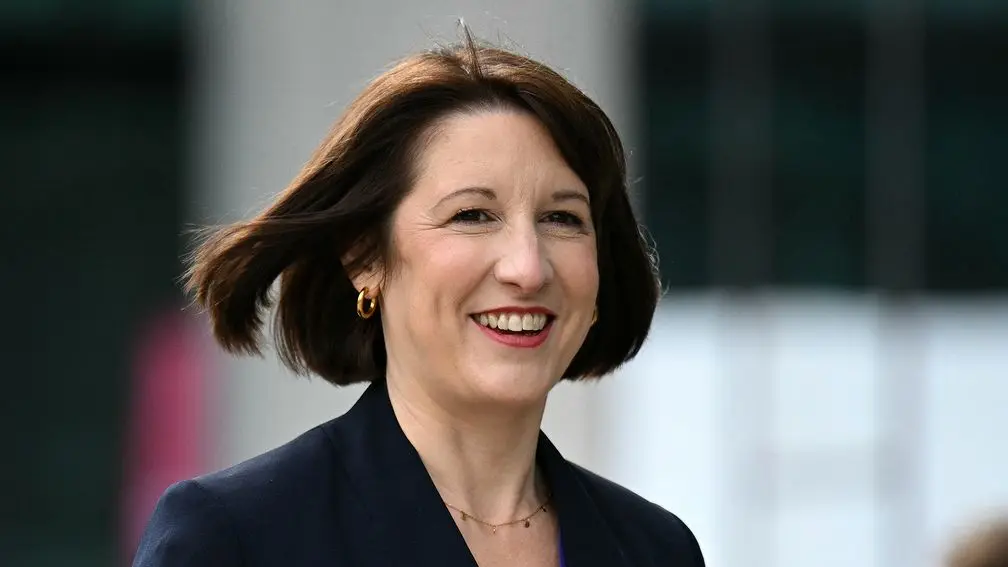UK Gambling Operators Would See Taxes Double Under New Proposal

The UK gambling industry is bracing for significant changes as the government considers a dramatic increase in taxes on operators, potentially doubling the current tax rates. The move comes as part of a broader initiative to address the social harms associated with gambling and to provide additional funding for public services.
The UK government has long expressed concerns about the negative impacts of gambling, including addiction, financial ruin, and mental health problems. In recent years, there has been mounting pressure from advocacy groups and politicians to impose stricter regulations on the industry, particularly in the wake of high-profile cases of gambling-related harm.
The proposed tax increase is part of a broader review of the Gambling Act 2005, which many critics argue has not kept pace with the rapid growth of the online betting market. The review, which was launched by the Department for Digital, Culture, Media and Sport (DCMS), aims to modernize the regulatory framework and ensure it is fit for the digital age.
As part of this review, the government is considering raising taxes on gambling operators, particularly those that operate in the lucrative online sector. Currently, online gambling companies in the UK pay a remote gaming duty of 21% on their profits. Under the new proposals, submitted by a think tank exploring how to cover the country’s growing deficit, this rate could rise to as much as 42%, effectively doubling the tax burden on these businesses.
Industry experts warn that such a sharp increase in taxes could have far-reaching consequences for the sector. The UK is one of the largest gambling markets in the world, with operators generating billions of pounds in revenue each year. However, higher taxes could lead to reduced profit margins for companies, potentially driving some smaller operators out of the market.
Larger companies with more diversified operations may be better equipped to absorb the impact of higher taxes, but they, too could face challenges. Some operators have already expressed concerns that the increased tax burden could force them to cut back on investment in innovation and customer experience, which could ultimately harm the industry’s long-term growth.
Michael Dugher, CEO of the Betting and Gaming Council (BGC), has been vocal in his opposition to the proposed tax hike. He argues that the industry is already heavily regulated and that additional taxes would risk driving customers to unregulated, offshore gambling sites, where protections for consumers are often weaker.
Despite the concerns raised by the industry, proponents of the tax increase argue that it is a necessary step to help the country recover from previous financial miscalculations. They assert that the increase could raise as much as £3 billion (US$3.9 billion), money that is necessary to avoid economic disaster.
Advocates for reform argue that the additional revenue generated from higher taxes could be used to fund treatment programs for gambling addiction, as well as other public services such as the National Health Service (NHS). They also point to the potential benefits of reducing the financial burden on families affected by gambling-related problems.
As the government continues its review of the Gambling Act, the potential doubling of taxes on UK gambling operators is likely to remain a hotly debated issue. While the industry warns of the potential risks to business and consumer safety, advocates argue that higher taxes are a necessary tool for reducing the social harms associated with gambling.
- Other news categories:
- SlotsUp's news





